Research

In a new PNAS study led by Kevin Chen (Penn C’24) and Mann Research Group coauthors, we examine trends in the characteristics of U.S. east coast […]

Dr. Xueke Li and collaborators are the first to demonstrate a historical trend in planetary wave resonance over the past half-century. We find that the average number of resonance events per year has tripled since the advent of adequate upper atmospheric measurements in the mid-20th century, rising from about 1 event per year in 1950 to now about 3 per year.
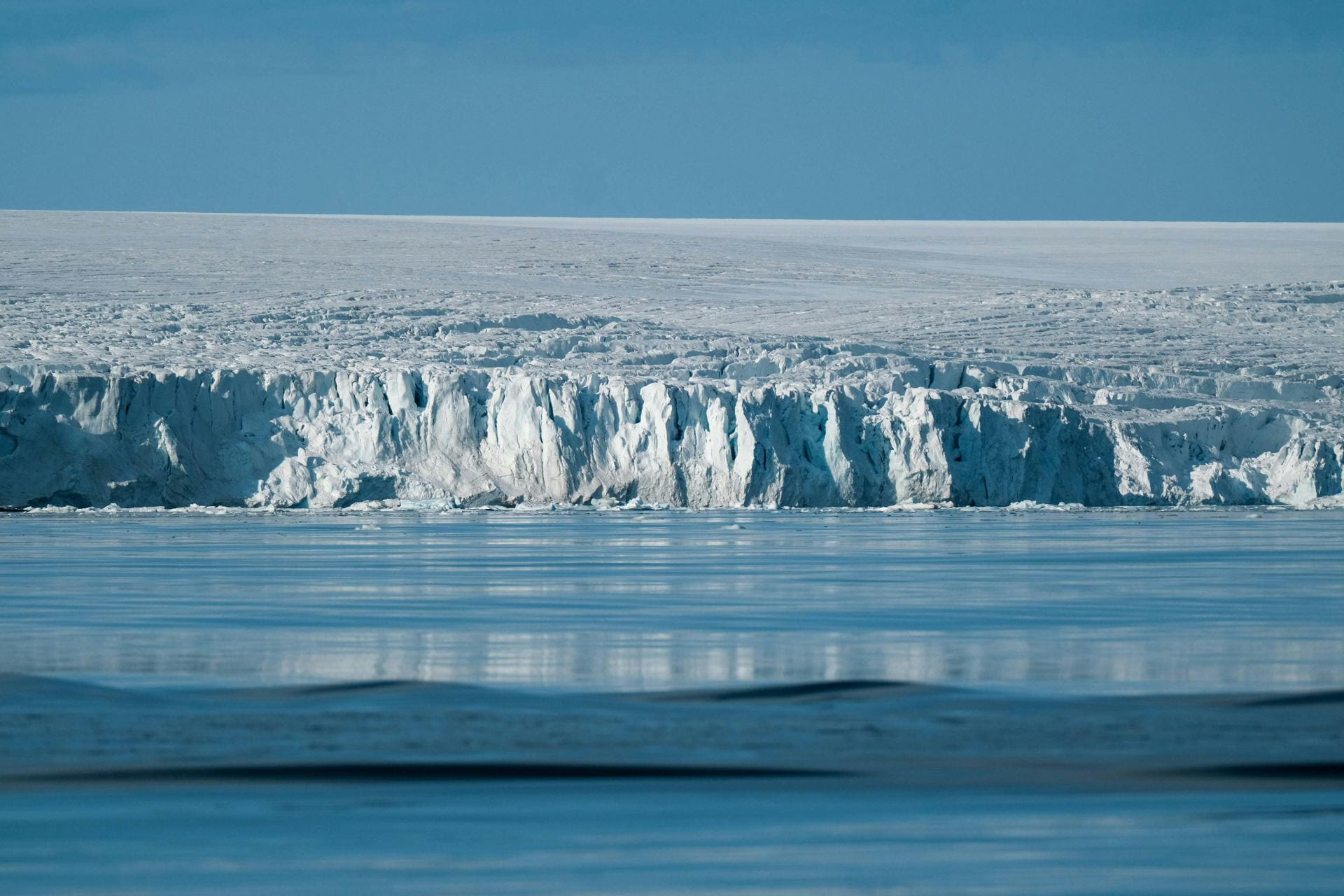
In a new study led by former Mann Research Group postdoctoral researcher, Judit Carrillo, path dependence was reassessed in the history of glacial/interglacial cycles over the past 3 million years. We expand on our 2024 PNAS article to demonstrate that path dependence (or hysteresis) is highly threshold-dependent based on the model’s global carbon cycle.

Penn Center for Science, Sustainability and the Media postdoctoral researcher, Allie Sinclair, along with Dr. Michael Mann, Dr. Emily Falk and the Communication Neuroscience Lab share what motivates people to take action and share information about climate change. In this study, they identify barries one may face in taking climate action and test 17 different intervention strategies

Philadelphians stand to benefit from the Inflation Reduction Act (IRA), but many may be unaware of how it can help them affordably make their homes more energy efficient.
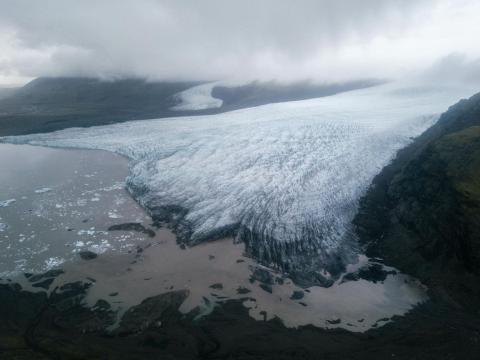
In a new study led by Mann Research Group postdoctoral researcher, Judit Carrillo, hysteresis was identified in a model of intermediate complexity (CLIMBER-2) over the past few million years, most notably across the Mid-Pleistocene Transition (MPT). We demonstrate that in using path-dependent forcings there is a striking divergence in the history of Pleistocene glacial/interglacial cycles.

Dr. Michael E. Mann and collaborators lead by Kumar P. Tripathy investigated the risk of compound drought and heatwave events (CDHW) under “worse-case” climate change scenarios. In this new study, they found the effects of climate change increases the intensity, duration and frequency of CDHW events, and comment on the threat extreme heat has on socioeconomic factors.
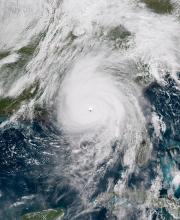
Dr. Michael E. Mann and Shannon Christiansen at the University of Pennsylvania and Penn State ESSC alumnus Dr. Michael Kozar have released their seasonal prediction for the 2023 North Atlantic hurricane season. The prediction is for another above-normal season.

Lijing Cheng, and numerous collaborators including Dr. Michael E Mann, have once again extended previous research to conclude that the world’s oceans were a record warm […]
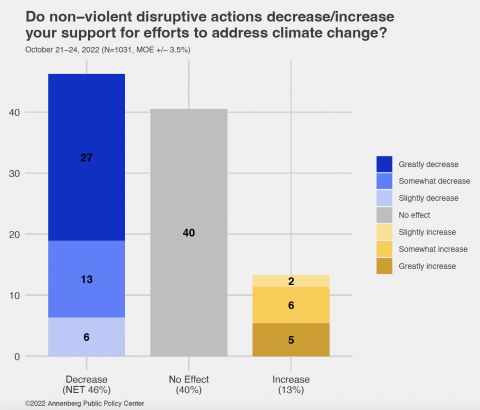
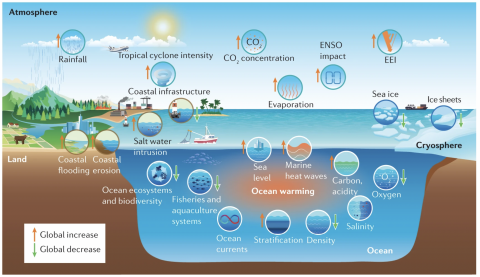
By Lijing Chen, Karina von Schuckmann, John P. Abraham, Kevin E. Trenberth, Michael E. Mann et al. for Nature Reviews Earth & Environment

Xueying Li and collaborators, including Dr. Mann, quantifed terrestrial water storage (TWS) for the Tibetan Plateau and project that there will be declines under mid-range carbon emissions scenario by the mid-twenty-first century.

ESSC scientists Michael E. Mann and Daniel J. Brouillette and ESSC alumnus Michael Kozar have released their seasonal prediction for the 2022 North Atlantic hurricane season. The prediction is for another above-normal season.
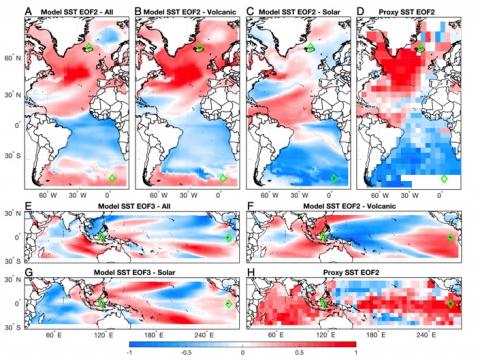
Byron Steinman, and collaborators including Dr. Mann, analyzed paleoclimate records of precipitation change in the neotropics and climate model simulations that span the preindustrial last millennium to assess ITCZ behavior on multicentury timescales.
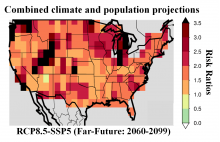
Dr. Michael E. Mann and collaborators Sourav Mukherjee (lead author), Ashok Kumar Mishra, and Colin Raymond published a study that shows that areas of the United States with increasing populations will likely experience even higher increases in heat stress.
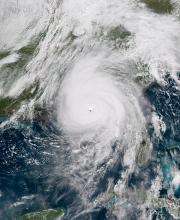
ESSC scientists Dr. Michael E. Mann and Daniel J. Brouillette and alumnus Dr. Michael Kozar have released their seasonal prediction for the 2021 North Atlantic hurricane season, which officially starts on 1 June and runs through 30 November.
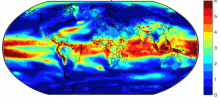
ESSC scientists Dr. Michael E. Mann and Daniel J. Brouillette and alumni scientists Dr. Byron Steinman and Sonya Miller are co-authors of a study that shows that the Atlantic Multidecadal Oscillation is not due to natural factors but, rather, due to the climate forcings of human influence and volcanic eruptions.

Dr. Mann with an international team of climate scientists have published the article talking about increasing ocean stratification that decreases ocean productivity and reduces carbon burial.
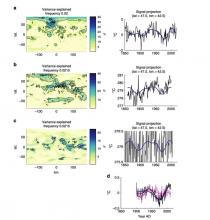
It was found that the so-called Atlantic Multi-Decadal Oscillation and Pacific Decadal Oscillation are indistinguishable from the background noise of internal climate variability.

ESSC scientist Dr. Michael E. Mann, alumnus Dr. Michael Kozar, and researcher Sonya K. Miller have released their seasonal prediction for the 2019 North Atlantic hurricane season, which officially starts on June 1st and runs through November 30th.